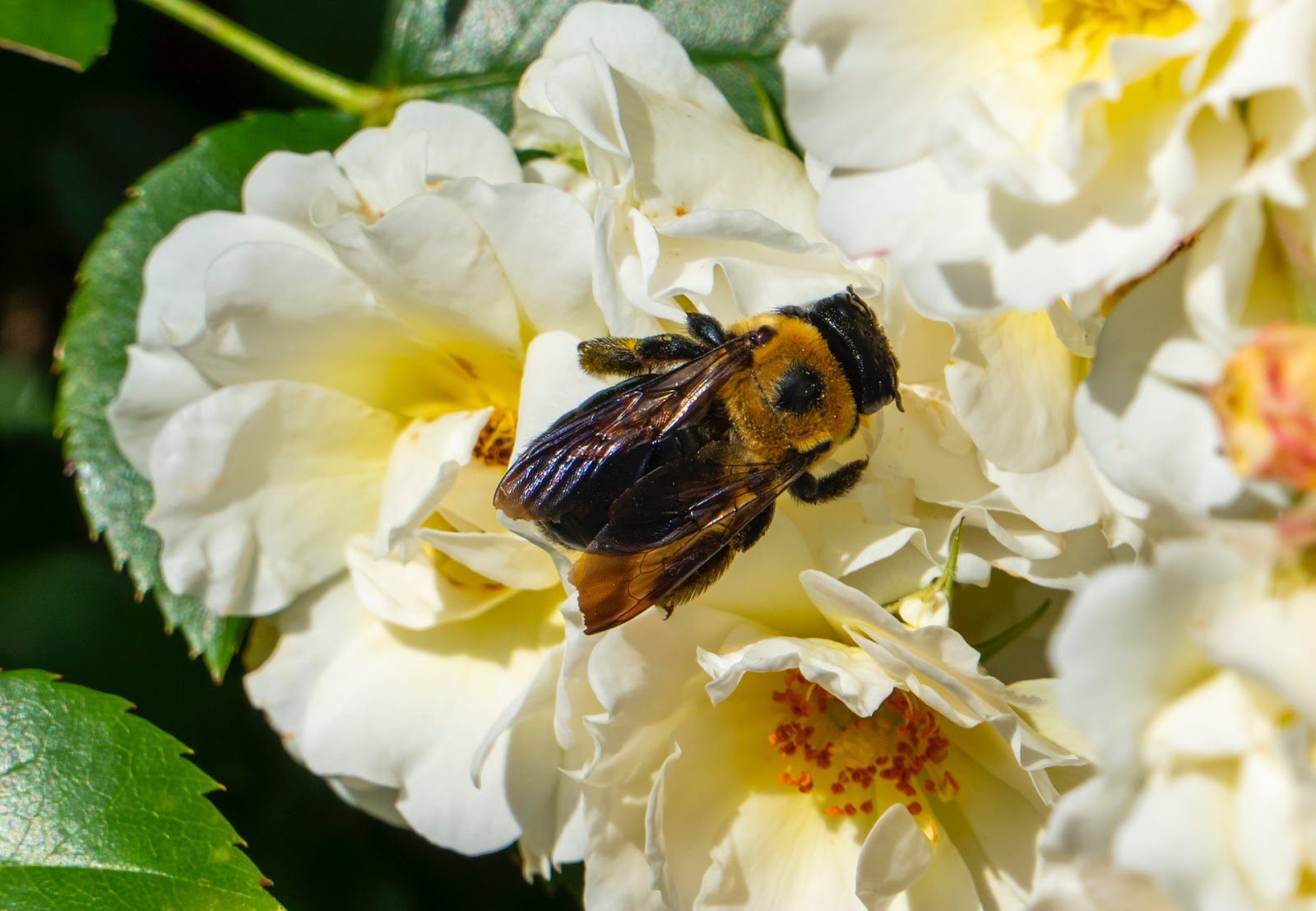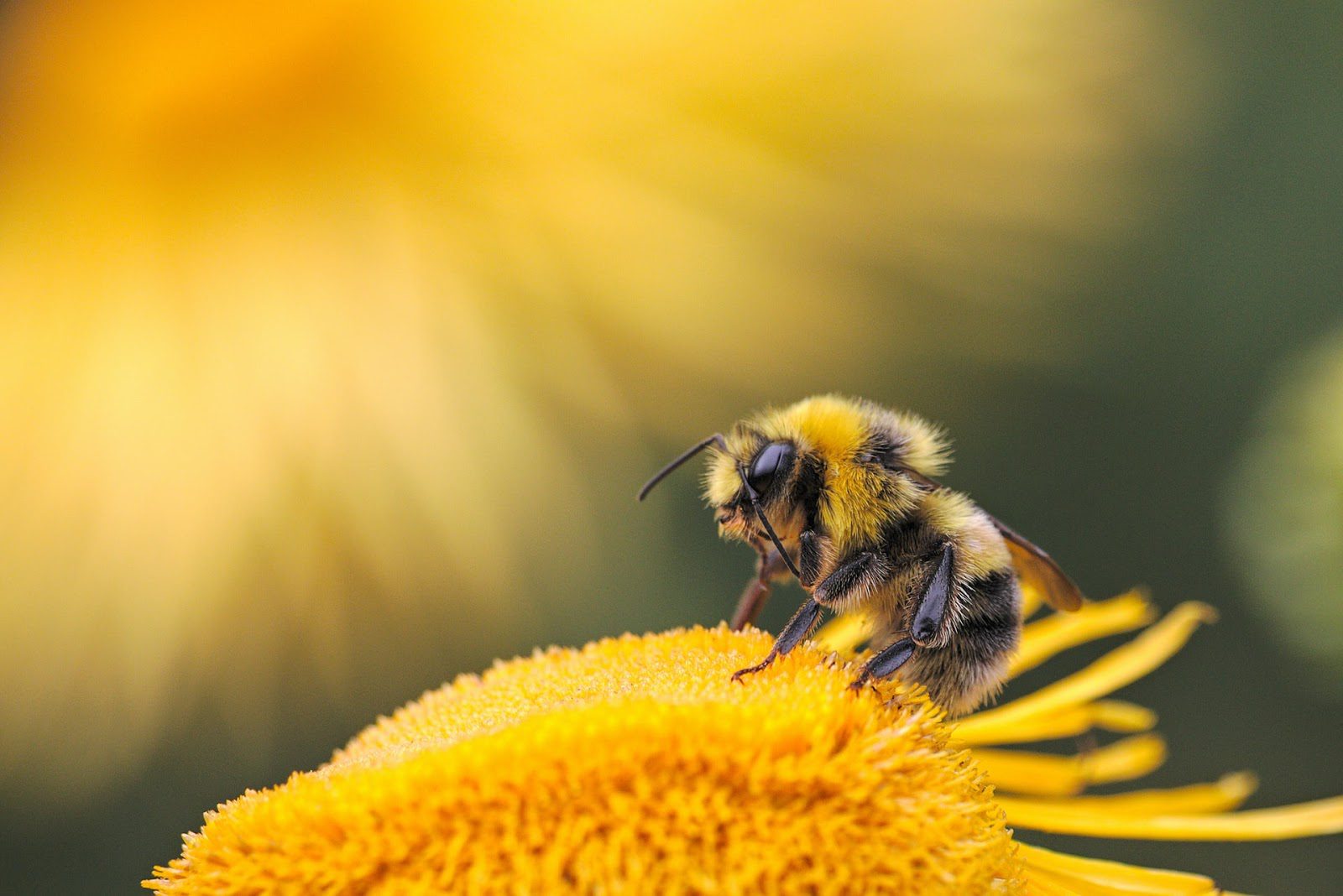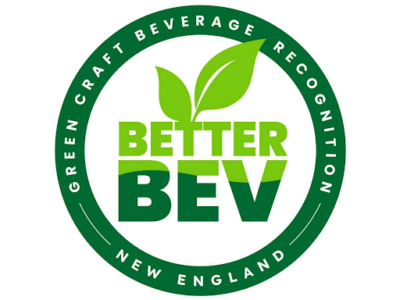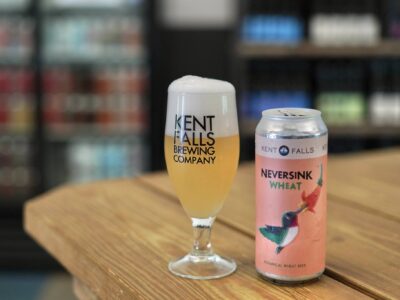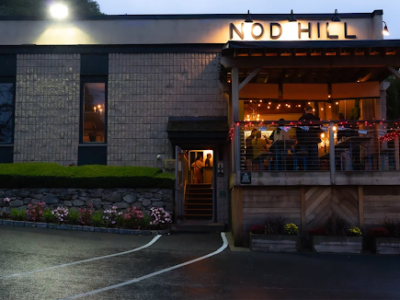You know it’s finally spring when the first bee lands on a nearby flower then buzzes onto important business pollinating the planet. All across the United States businesses of every size are investing in one of the busiest bugs on Earth. With many successful American businesses embracing more environmentally friendly practices, protecting the country’s best pollinators is a great way to bee kind.
“One out of every three bites of food we eat is possible because of animal pollinators,” Walmart officials shared in a press release. “Bees are the most popular pollinators, but there’s an entire segment of the animal kingdom that helps pollinate the food we eat, including some that grow in our own home gardens. Pollinators include butterflies and moths, birds, bats, beetles, and many more, and without them, some of our favorite foods wouldn’t exist.” In recognition of these important pollinators, the Walmart Foundation announced the largest corporate pollination health effort in the United States. They are pledging to procure 100 percent of the produce and floral goods they carry will come from sources that practice pollinator-friendly, integrated pest management (IPM) by 2025.
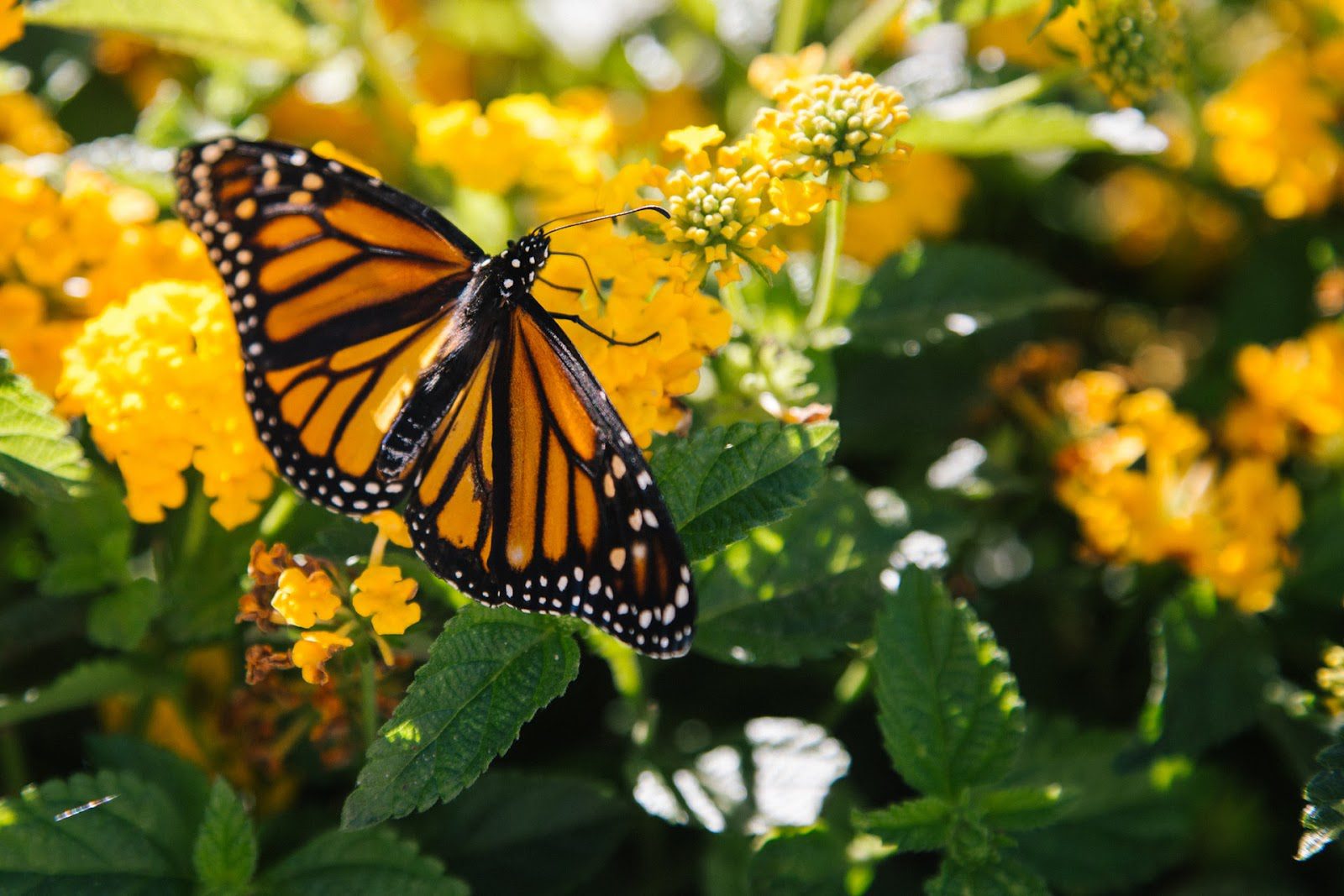
Grocery retailer The Giant Company made a gigantic investment in pollinator health by constructing a seven-acre, pollinator-friendly solar field near its headquarters in Carlisle, PA. With more than 20 varieties of native wildflowers, the field will host over 1 million pollinator-attracting plants which will feed and house nearby pollinators and improve the health of the surrounding meadows and farms. “A pollinator field provides us with a unique opportunity to educate our team members, customers and the community about the crucial role bees play in getting food onto their family’s table,” said Giant President Nicholas Bertram. “For The Giant Company, healing the planet starts at home, so creating a pollinator habitat at our headquarters is a natural first step as we work to address the declining bee population.”
In similar spirits, the legendary wine-maker, Jordan Vineyard & Winery, is restoring and expanding pollinator habitats across their 1,200-acre vineyard. By planting more than 100 varieties of 3,400 pollen-laden plants, the team at Jordan is reestablishing a key habitat for the Western Monarch butterfly and the local bee population. As the largest dedicated pollinator habitat of all the Certified Bee-friendly vineyards in the country, this is also one of the most bio-diverse pollinator habitats in the nation. “The beauty of diversified agriculture is how far it spans in multiple directions in support of the overall ecosystem, from caring for cattle and honeybees and farming grapes to growing vegetables,” said Jordan Vineyard & Winery Director of Agricultural Operations Brent Young. “Although these pollinators don’t have a direct impact on grapevines, creating more habitat for them is a natural extension of our approach to biodiversity at Jordan Estate.”
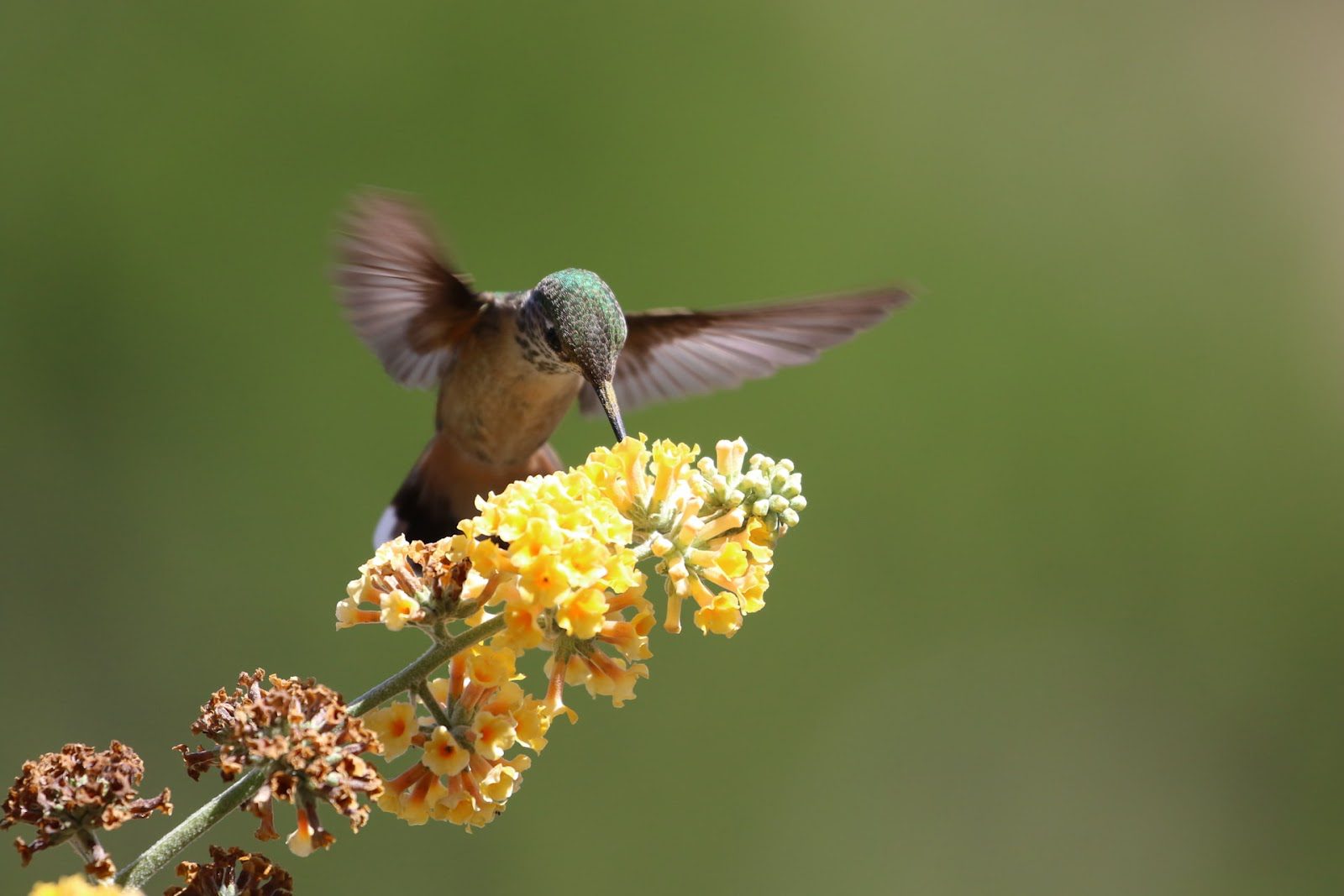
If sweets are more your thing, Häagen-Dazs has been promoting pollinator health for over a decade, and they have partnered with the leading conservation organization, Xerces to ensure the fresh ingredients that flavor their ice creams come from pollinator-friendly sources. In addition to donating over $1 million to pollinator research and education, Häagen-Dazs also built a 6.5 mile long hedgerow at the US farm they purchase their almonds from. This hedgerow provides a healthy home for a myriad of pollinators, not just bees, and helped them earn Xerces’ first-ever Bee Better seal of approval.
Another Xerces partner is a small business that can satisfy your sweet tooth, make your house smell like home, and keep your skin looking fresh. Bee Raw is a small, bee-centric business offering everything from “flights” of honey to hand-poured bergamot scented beeswax candles to balms for the face, hair, and any natural surface including wood and leather. Every year the company’s Save The Bees Fund raises money to support small farmers and apiaries practicing pollinator-friendly business. With so much of our food and resources dependent on pollination, it’s no wonder so many businesses are swarming to protect some of Earth’s most important species.
